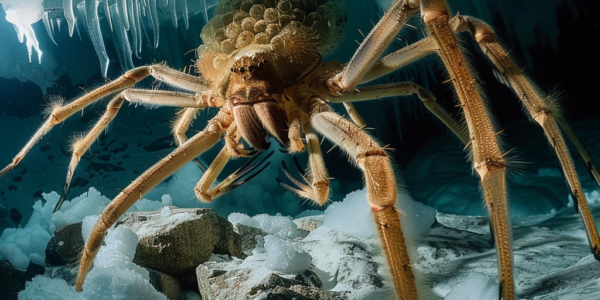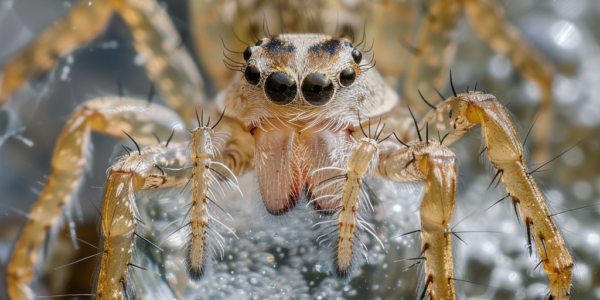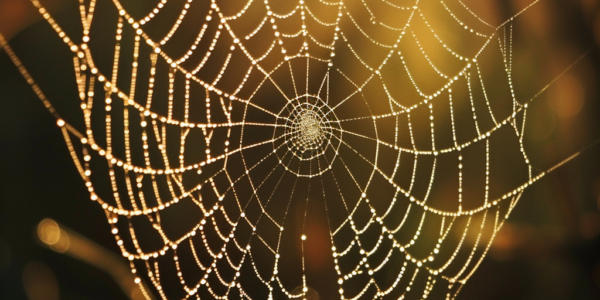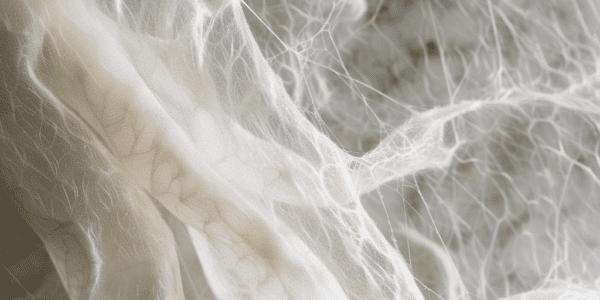Mysterious ‘Spider’ Formations Spotted in Inca City on Mars
Discover the mysterious ‘Inca City’ on Mars, where hundreds of black ‘spiders’ emerge every spring due to buried carbon dioxide ice releasing dusty geysers of gas. Explore the fascinating phenomenon captured in recent satellite photos from the European Space Agency (ESA) and gain valuable insights into the seasonal changes and geological processes on the Red Planet.
Groundbreaking Discovery: Antarctic Sea Spiders’ Unique Reproductive Habits Revealed
Researchers have made a groundbreaking discovery about the reproductive habits of giant sea spiders in Antarctica, shedding light on their unique method of reproduction. The study could have wider implications for marine life and ocean ecosystems in Antarctica and around the world, providing valuable insights into the reproductive strategies of marine life in Antarctica and offering a glimpse into the evolutionary adaptations of these fascinating creatures.
The Fascinating World of Diving Bell Spiders
Diving bell spiders, also known as water spiders, are the only spiders that live almost entirely underwater. They create a diving bell using air trapped in water-repellent hairs, and females build larger air bells to serve as nursing chambers for their young. Male diving bell spiders are larger and heavier than females, with longer front legs for more efficient movement underwater. Despite their captivating traits, diving bell spiders also exhibit peculiar behavior when it comes to reproduction, with males occasionally consuming females. As scientists delve deeper into the mysteries of these underwater arachnids, the unique adaptations and behaviors of the diving bell spider are sure to captivate the curiosity of many for years to come.
Spider Webs as Traps for Environmental DNA
Spider webs, often associated with catching flies, have been found to be a useful trap for environmental DNA, offering a potential breakthrough for environmental scientists. The discovery that spider webs can capture fragments of skin, hair cells, or body fluids…
Bacteria engineered to convert plastic waste into biodegradable spider silk
Researchers at Rensselaer Polytechnic Institute have made a groundbreaking discovery by engineering a strain of bacteria capable of converting plastic waste into biodegradable spider silk with a wide range of applications. This innovative study, recently published in Microbial Cell Factories,…





